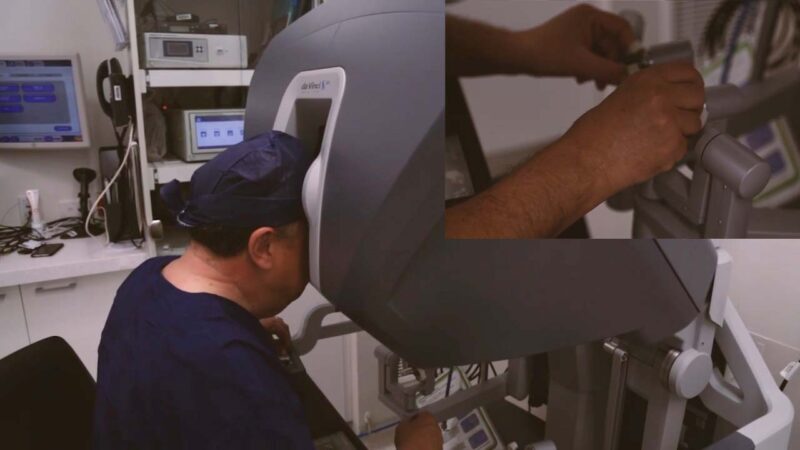Challenges in health care delivery have compounded, with clinical staff being exposed to the Omicron COVID variant. Reduced staffing has brought on its challenges to most already-strained state health care systems and the people working in them.
However, over the past 2 years of the pandemic, technology has played an increasing role on the front end for patients and consumers at home and clinicians in the medical setting. Much more is planned in technology that will deliver efficiency, reduce risk and make available new models of care. This has the potential to touch the working lives of all stakeholders and recipients of care.
Australian Health Journal spoke leaders in health care delivery, developing or using technology to further transform healthcare.
00:50
Amanda Cattermole PSM, CEO Australian Digital Health Agency
3:44
Dr Jason King GP, Director of Clinical Services, Gurriny Yealamucka Health
7:41
Steven Flynn, General Manager, Baxter Healthcare Australia and New Zealand
11:52
Grainne O’Loughlin, CEO Karitane
Sharlene Vlahos, Director Education and Development, Karitane
16:15
Zara Lord, CEO and Founder uPaged
You Might also like
-
Understanding extracellular vesicles in cancer therapy research
Joy Wolfram is an Associate Professor at the Australian Institute for Bioengineering and Nanotechnology and the School of Chemical Engineering at the University of Queensland in Australia. Originally from Finland, she earned both her bachelor’s and master’s degrees in biology before transitioning to engineering with a PhD in nanotechnology completed in China. Wolfram has over a decade of experience working in hospitals in the United States before joining the University of Queensland.
Her research focuses on extracellular vesicles, which are crucial for cell communication both locally within tissues and over longer distances between organs. Her lab studies the roles of these vesicles in both health and disease, particularly in cancer. They investigate the harmful messages released by cancer cells that aid in tumour growth, specifically in breast cancer, while also exploring how to harness beneficial extracellular vesicles from healthy individuals as potential therapeutics.
-
Integrated oral health care in midwifery practice
There is limited emphasis being placed on perinatal oral health by prenatal care providers in Australia. Pregnant women have no system in place that can offer them regular oral assessment during pregnancy and prompt dental treatment at minimal or no cost as experienced in other countries. To address the oral health needs of pregnant women, a unique midwifery initiated oral health (MIOH) model was developed to promote and maintain maternal oral health.
-
Australian Healthcare and Hospitals Association Hospitals and Clinics Innovation New Content Robotics Technology
Future of minimally invasive surgery
Macquarie University Hospital is the first hospital in Australia to have three robotic surgical systems. It remains the busiest centre for robotic urology in New South Wales and has rapidly growing programs in other areas. What is behind the Hospital’s success?
Conjoint Associate Professor Walter Kmet, CEO of Macquarie University Hospital, says that the story of robotics at the Hospital is driven by its academic health sciences identity.



